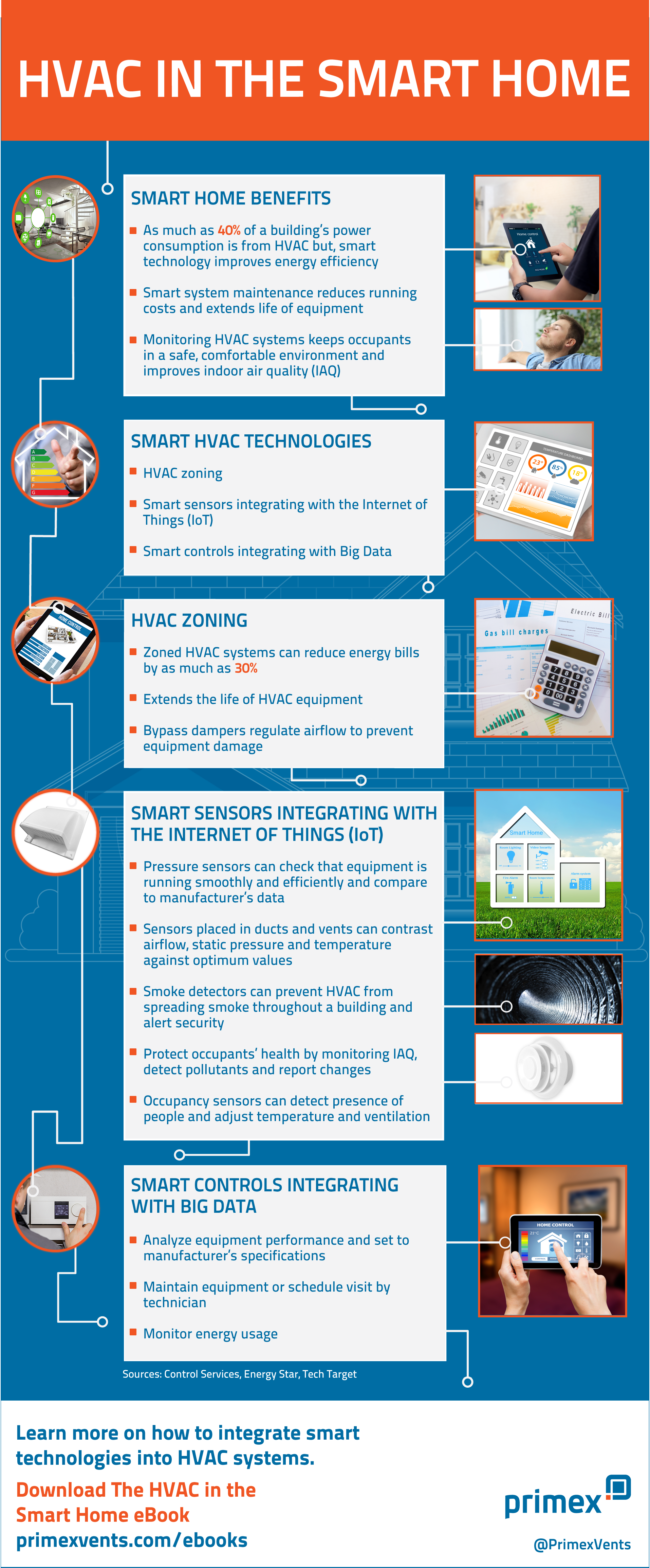Heat Pump Vs Heating System - Which Is The Better Heating Option For Your Home?
Heat Pump Vs Heating System - Which Is The Better Heating Option For Your Home?
Blog Article
Article By-Rosenthal Sims
Lots of property owners know with heaters, which heat homes with oil or natural gas and push hot air via ductwork. They are reasonably affordable and can supply trusted heating also during a winter months power blackout.
However, they utilize nonrenewable fuel sources and generate carbon monoxide gas and other air pollution. They additionally aren't as energy-efficient as a high-efficiency heat pump.
Price
Generally, heatpump are a lot more budget-friendly to operate than heaters. They usually make use of electrical energy and cooling agent to remove warmth from exterior air, and after that move it into your home. You can make the most of more affordable electrical energy prices during off-peak hours to further reduce your home heating prices.
Unlike heat pumps, gas or wood-burning furnaces make use of combustion to generate warm, releasing flue gases into the ambience that can be hazardous to your wellness. These heaters are likewise less energy-efficient than heat pumps, and their greater operating expense can build up gradually.
Furnaces are more complicated than heatpump and call for routine maintenance to make certain the correct function of all parts. Despite this, they tend to last longer than heatpump with a typical life expectancy of two decades or even more. However, you'll need to consider the cost of gas, fuel oil or wood and the added tools needed for installment and operation such as air ducts and ventilation systems.
Power Performance
Heatpump have a higher energy effectiveness rating than heaters. These systems utilize electrical energy to feed on warmth from the air, also in freezing temperatures. They can likewise get rid of excess heat from the home throughout warmer months and recycle it to cool the system. Carrier professionals can aid you figure out the best design for your home based on climate and source energy costs.
Heaters melt gas oil, propane, gas or other kinds of fossil fuel to warm the air in the home. This air is then spread via ductwork utilizing a large follower. Heaters produce greenhouse gases and need normal maintenance and equipment upgrades to make sure secure operation.
The greatest advantage of a heating system is that it can be run also in extreme winter season conditions due to the fact that it does not count on outside temperatures to warm the air. Furnaces also have a longer lifespan than heatpump and commonly last 15 years. They can likewise be paired with twin fuel options, which pick the most efficient home heating option based upon the weather.
Climate
Heatpump work well in moderate climates and utilize less source power than heating systems. Nonetheless, if https://www.yesweekly.com/coronavirus/triad-goodwill-launches-hvac-training-program-with-local-partners/article_df6b5c42-9eda-11eb-b54d-87c9aea4931c.html is extremely chilly, you might require to invest in a common gas heater instead.
Heaters give cozy, cozy heat and usually offer fast home heating to elevate interior temperatures. These systems can be made use of with a variety of fuel types, consisting of natural gas, propane, oil or electrical energy.
They consume more energy than heat pumps-- approximately 3x as much-- and call for ductwork that's pricey to set up or retrofit. They're also more expensive to maintain, as they can create air quality problems and create greenhouse gas discharges.
If you're devoted to decreasing your carbon footprint, a heatpump is a great selection for your home. They have fewer greenhouse gas emissions than heaters, particularly if you select a power CELEBRITY ® heat pump. Your local Carrier professional can explain the distinctions between these two heating systems and aid you make the most effective decision for your one-of-a-kind demands.
Individual Preferences
Heaters can be extremely power efficient when powered by natural gas, propane or oil, yet they aren't as power effective as heatpump in freezing environments. They can likewise be a lot more costly to install, calling for gas lines and air flow systems.
Nevertheless, heaters often tend to call for much less upkeep, which can cause reduced recurring expenses. They produce fewer greenhouse gases and are much more trustworthy than heatpump during extreme weather condition.
Electric heatpump are a lot more functional in producing interior comfort because they can additionally work as a/c during warmer months. They can be easier to keep, needing just regular air filter changes and occasional vacuuming.
If you like the benefit of a single system that does it all, think about a crossbreed heating service that sets a heater with an electrical heat pump. These systems can automatically switch in between both home heating choices based on your home's requirements and temperature problems, making best use of efficiency and financial savings.